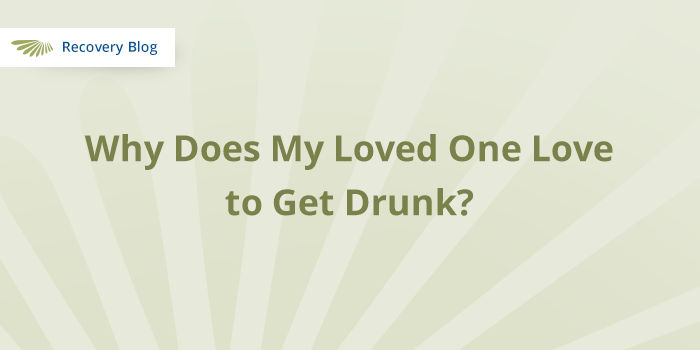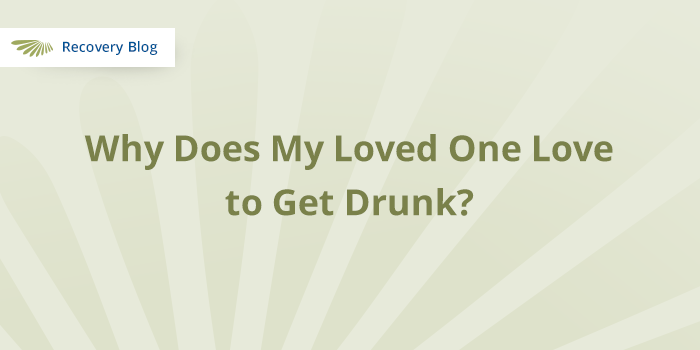How do I communicate with an addicted loved one?
When you realize that someone you love and care for is addicted to drugs or alcohol and you want to...


When a person that is close to you continues to abuse alcohol in the face of significant consequences, it can be amazingly frustrating. “How can he not see the devastation this is reeking on our marriage and children?" or “How can she not see that her destructive behavior always occurs when she is drunk?” will frequently cross your mind.
What is painfully obvious to you seems to have no affect on your loved one’s behavior. This can lead to feeling helplessness and bitterness. A natural consequence of these feelings are thoughts that your loved one does not care about the family, is selfish or is just a bad person.
One defense against these conclusions is to understand why the drinking occurs. Let me be clear, this is not an effort to excuse the behavior, it is an effort to understand the behavior in order to help the loved one approach this delicate issue in the best possible way. One of the most common reasons addicts like to get drunk are the calming and relaxing effects that are caused by alcohol. Alcohol causes an increase in the release of GABA which is a neurotransmitter that inhibits the firing of nerves. Let’s say that an addict is feeling stressed or anxious, drinking alcohol works in the same way as Valium or Ativan works to help calm the brain. This temporary relief is very calming and the feeling is very strong. The recent post at http://www.theguardian.com/commentisfree/2016/mar/16/why-humans-get-drunk-google, gives an excellent description of the effects of alcohol on the combination of GABA and glutamate:
“While alcohol increases GABA, it reduces the uptake of glutamate, the brain’s premier excitatory molecule. Less excitation and more inhibition? That sounds like simple summation, but GABA and glutamate have different effects on different brain regions, and that’s where things get complicated. In the prefrontal cortex, the part of the brain you use for thinking and planning, the net effect is inhibition. That’s why your judgment is flawed, your decision-making is set to “whatever” and your ability to see things from any perspective other than your own approaches nil. The remarkable side effect of this general dimming is that your thoughts seem amazingly clear – which is nice – while in reality they are just amazingly limited. Meanwhile, GABA is also busy turning off the brakes on a system that releases dopamine, the molecule that takes center stage in all varieties of addiction. What’s that again? Well, when you take off the brakes, the car starts to move. So what you get is a stream of dopamine coursing into the striatum (or reward system), the brain part that generates desire, anticipation and (once you’ve finally brought the glass to your lips) pleasure.”
The article goes on to describe alcohol’s effects on the opioid receptors which give one of the strongest pleasure responses. Once you can understand the powerful effects on the brain of alcohol, it is easier to understand why your addicted loved one has a hard time stopping.
Chronic alcohol use leads to changes in the brain chemistry that make it difficult to achieve these feelings without the substance. It also makes changes that impair someone’s judgment and ability to make logical decisions. Understanding what is going on in your loved one’s brain can help you realize that this is not a character flaw. It has become a medical condition, and should be treated as such. This does not excuse the consequences of the addiction, but it will help put you in a better state of mind to address the issue with the one you care for.
When you realize that someone you love and care for is addicted to drugs or alcohol and you want to...
When your loved one is struggling with an addiction, it is only natural to want to try and help...
What is the best way to show support to an addicted loved one? Some believe that tough love is the...